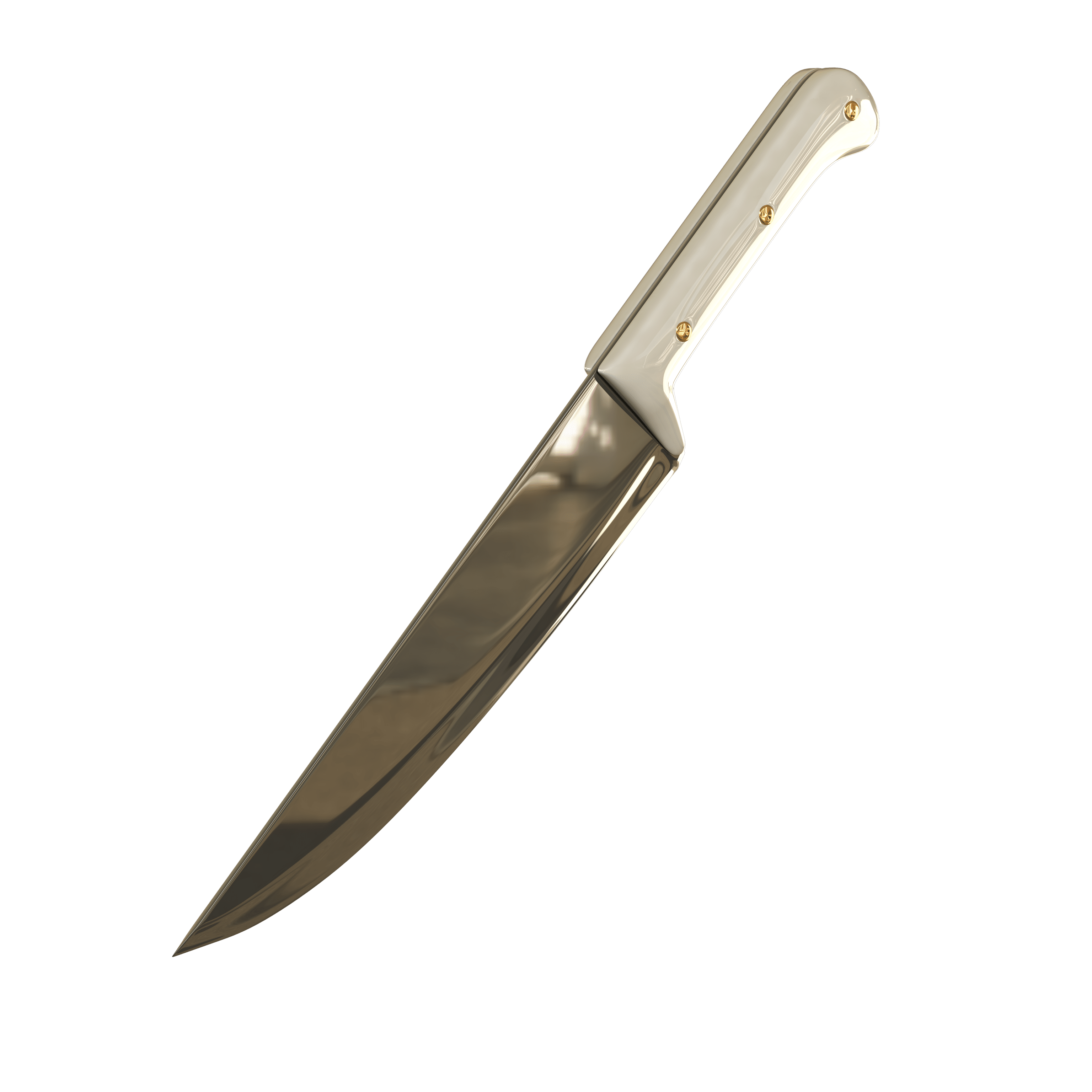
Introduction
Knives are an essential tool in the kitchen. Having a sharp blade is beneficial because it allows you to easily and quickly chop vegetables, carve meats or cleanly slice bread—all with greater precision and minimal effort. However, having a dull knife can be dangerous as well as tedious; trying to cut anything with a diminished blade requires more force which increases the risk of injury.
But do dishwashers dull knives? The answer isn’t quite so straightforward. Dishwashers use detergent, water, and high pressure mechanical spray to clean dishes and items on the lower or upper racks. Knives can become dully if exposed to the harsh conditions found in dishwashers—including the powerful steam used during typical cycles—for extended periods of time. Additionally, blades can sometimes become nicked due to their close proximity with other items in the machine like stainless steel cookware or stemware. At times, pressing against these objects can cause blades become dulled faster than normal use would do over time.
The Causes of Dullness
Indeed, dishwashers can contribute to the dulling of knives. The harsh combination of hot water, detergent, and soap used in dishwashing can cause metal on the knife’s blade to corrode, changing its composition and leading to a decrease in sharpness. Prolonged exposure to these elements can wear away at the metal structure of a knife over time. Additionally, the strong vibrations from a dishwasher also have a negative impact on edges as they repeatedly hit other objects during each cycle. This agitates the blade and causes damage that once again leads to decreased sharpness. Therefore, regularly running your knives through your dishwasher will eventually be detrimental to their sharpness over time.
The Benefits and Downside of Using a Dishwasher for Knives
Using a dishwasher for knives can offer some conveniences; for one, it saves you the time and effort of having to hand-wash each individual knife. It also helps to ensure that all the knives are kept clean and free from food particles which can cause bacteria growth if not taken care of properly.
However, there are some drawbacks to using a dishwasher for knives. One of those downsides is that dishwashers are known to be harsher on sharp knives than hand-washing. This means that over time, the blades may become duller. Additionally, longer knives may not fit inside most home dishwashers so they would then need to be washed by hand or with a brush of some sort. Finally, high temperatures or strong detergents used in the washing cycle could tarnish and corrode certain types of steel or cause handle materials to crack over time.
The Steps to Follow When Washing Knives in the Dishwasher
1. Place the knives in the dishwasher rack: Before placing your knives in the dishwasher, use a knife holder or wrap them in a kitchen towel to prevent scratches and nicks from occuring on other dishes.
2. Set the cycle for a gentle wash: Choose the gentlest cycle available and avoid any heated dry cycles. These increased temperatures could discolor the blades of your knives and cause them to dull more quickly over time.
3. Avoid overcrowding: Make sure not to overload your dishwasher because this will increase the chances of knives making contact with each other and dulling their blades upon collision.
4. Use cutlery baskets if provided: Utilize any cutlery baskets that come with your machine as they can keep knives separated with dividers and provide additional protection during washing cycles.
5. Hand wash if possible: If you want an added layer of protection, try hand-washing your knives instead of using the dishwasher as this can help further prevent damage or dulling over time.
In short, yes, dishwashers can dull knives over time if not done properly; however, following these tips should help protect against unnecessary wear and tear so that you don’t have to replace those beautiful chefs’ blades anytime soon!
Expert Advice for Keeping Knives Sharp
Yes, dishwashers can dull knives over time. After repeated cycles in a dishwasher, the friction caused by heat and water can cause pieces of metal to slowly chip away from the knife’s blade. Knives should always be placed in the top rack of your dishwasher with the point down and away from other dinnerware or utensils to prevent them from coming into contact with other objects during a wash cycle. It is best to hand wash knives when possible as this will help keep them sharper for longer periods of time. Regularly sharpening knives also helps maintain their edge. Make sure you’re using proper honing and sharpening tools such as sharpening stones or electric sharpeners in order to ensure a safe and effective edge every time. Finally, make sure you’re storing knives correctly; never place them inside something like plastic or wood sheath as these materials can potentially dull either side of the blade edges.
Conclusion
Using your dishwasher to clean your knives can be a convenient way to shorten the time spent in the kitchen. However, it can also expose them (your knives) to extreme temperatures, harsh detergents, and powerful jets of water all of which can cause them (your knives) to become dull over time. The greater the exposure and longer the time in the dishwasher, the greater your risk for dulled blades and cutlery mishaps. To prevent this from happening and preserve their sharp edges, knives should be hand-washed with care and occasionally sharpened instead of running through a cycle in the dishwasher. By finding a balance between occasional use in the dishwasher and proper manual cleaning, you’ll ensure that both you and your knife collection stay safe while keeping them as razor-sharp as possible over time.















